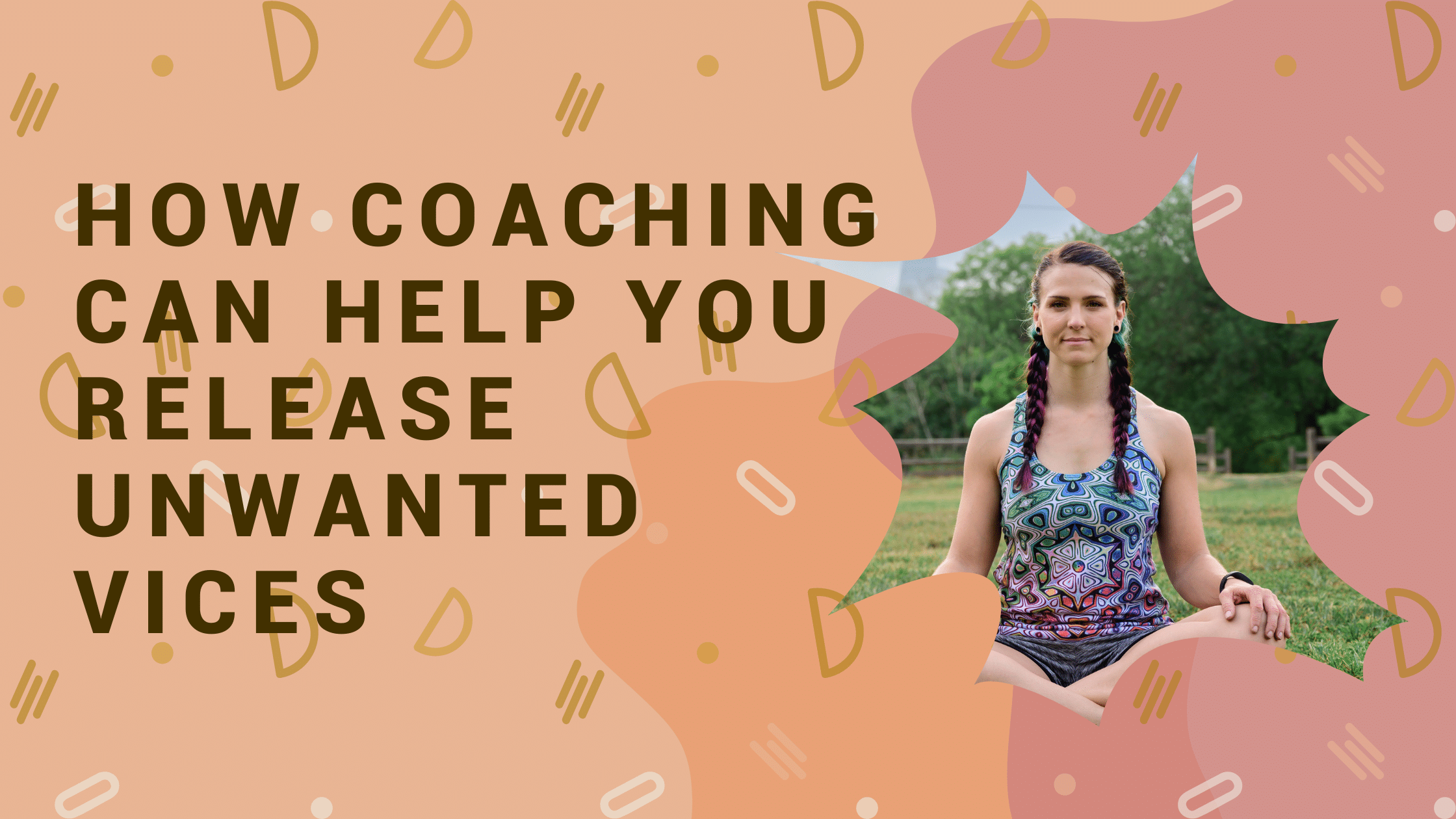
Let’s face it: nobody’s perfect. But recognizing bad habits and putting effort into making a change is the first step towards your life becoming more functional. That’s not always an easy task, though. Fortunately, it’s not a journey you need to take alone. We’ll look at how you can release unwanted vices with help from a coach below.
How to Begin Changing Bad Habits
Changing bad habits and releasing unwanted vices aren’t what you accomplish overnight. That’s one of the reasons making real change in your life can be so difficult. Here are some concrete, real-world ways to begin training out bad habits.
Identifying Behaviors You Want to Change
The first step towards changing bad habits into good ones is recognizing them. You can’t just say, “I want to be better,” and expect to see any change. Instead, you must have some clarity around what isn’t serving you any longer.
Don’t be afraid to get really specific with your behaviors. Instead of “be cleaner,” consider “doing the dishes every night.” Rather than “start exercising,” start by going on a short run one or two days a week. Nailing down specific behaviors will help you get the ball rolling. Once you’ve done that, you’ll see how easy it is to stay in motion.
Understanding Your Triggers
Bad habits don’t exist in a vacuum. Instead, something causes them to happen. And sometimes, you may not even realize what’s triggering them. Every bad habit and vice is preceded by some kind of trigger, though. Generally, triggers fall into one of five categories:
- Time
- Area (location)
- The People Around You
- An Event
- Emotional State
A classic example of this is the “car cigarette” scenario. If you smoke a cigarette in traffic on the way to work to de-stress, traffic eventually triggers smoking. Whenever you’re in a car, you’ll reach for a smoke, regardless of whether you’re driving to work or not.
Your triggers are your treasures. While exploring them is….triggering, the freedom you gain from no longer reacting but instead responding is always worth the discomfort. When you’re trying to understand what triggers your vices, work backward. Start with the behavior you don’t like, then look at what happened before it. Do this every time you engage in that behavior. Chances are, you’ll start noticing a pattern. If you can identify and understand your triggers, you’ll be well on your way to counteracting your vices.
Don’t Be Afraid to Take It Slow
As mentioned, changing bad habits and eliminating vices is a long and difficult process. There’s actually a reason for that. When we make big decisions or choices, it can activate our stress response. That can naturally trigger bad impulses, which usually result in engaging in a vice.
In other words, if you try to make changes that are too big too quickly, you can actually cause the reverse of your intended effect. Instead of breaking a bad habit or releasing an unwanted vice, you can end up triggering that behavior.
That’s why going slow is so important. If you want to make successful, long-term changes in your life, you need to do it incrementally. We may be dating ourselves a little here, but releasing unwanted vices is a bit like Richard Dreyfuss’ mantra in the 1991 movie What About Bob: take “baby steps.”
How Coaching Can Help Release Vices
Okay, so we’ve mentioned some ways you can help break bad habits and release unwanted vices. And while you can do that alone, it’s a lot easier with some help. Here are a few ways that coaching can help you release your vices.
Tracking Progress
When you’re in the depths of self-transformation, it can be easy to lose track of your progress. But you shouldn’t! Tracking progress is a great form of positive reinforcement when trying to release unwanted vices.
A coach provides the perfect solution for this situation. As an observer outside of the universe of you, a coach can help you keep your goals and progress in focus. That’s important since you also need to know what you’ve accomplished to plan your next moves!
Maintaining Accountability
Often, we get out of bed with the best intentions in the morning. But throughout the day, we rationalize our way out of doing the work to make ourselves better. Thoughts like “I’m tired” or “I’ll do it tomorrow” are the bane of any real attempt to release your unwanted vices.
If you find yourself doing this, you’re not alone. Releasing unwanted vices involves changing who you are at a core level. So you shouldn’t be surprised that your lizard brain is trying to find a way to escape from the promise you’ve made to yourself. If the growth was comfortable, you’d have done it already – transition is uncomfortable. Sit with that feeling and know that this is what growth feels like when you’re shedding your old self and becoming something even better.
A coach will be real with you, though. While you can try to lie to yourself, you can’t lie to your coach. In the same way that Butters was Cartman’s “accountabilabuddy” in South Park, your coach can keep you honest and accountable.
Release Your Unwanted Vices with Some Help from Relive Everyday
Are you looking for help breaking your bad habits, but unsure where to start? Fortunately, you’re in the right place! Relive Everyday’s founder, Amanda, can help you on the path to releasing your vices. To learn more about Amanda and her practice style, sign up for a free consultation here.